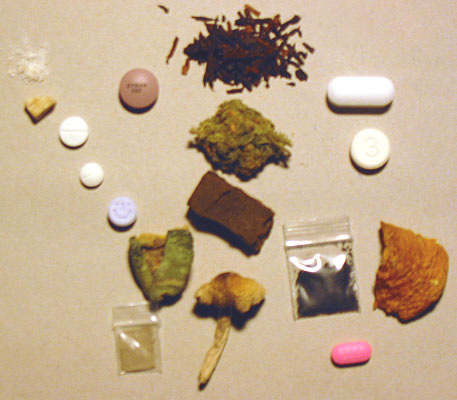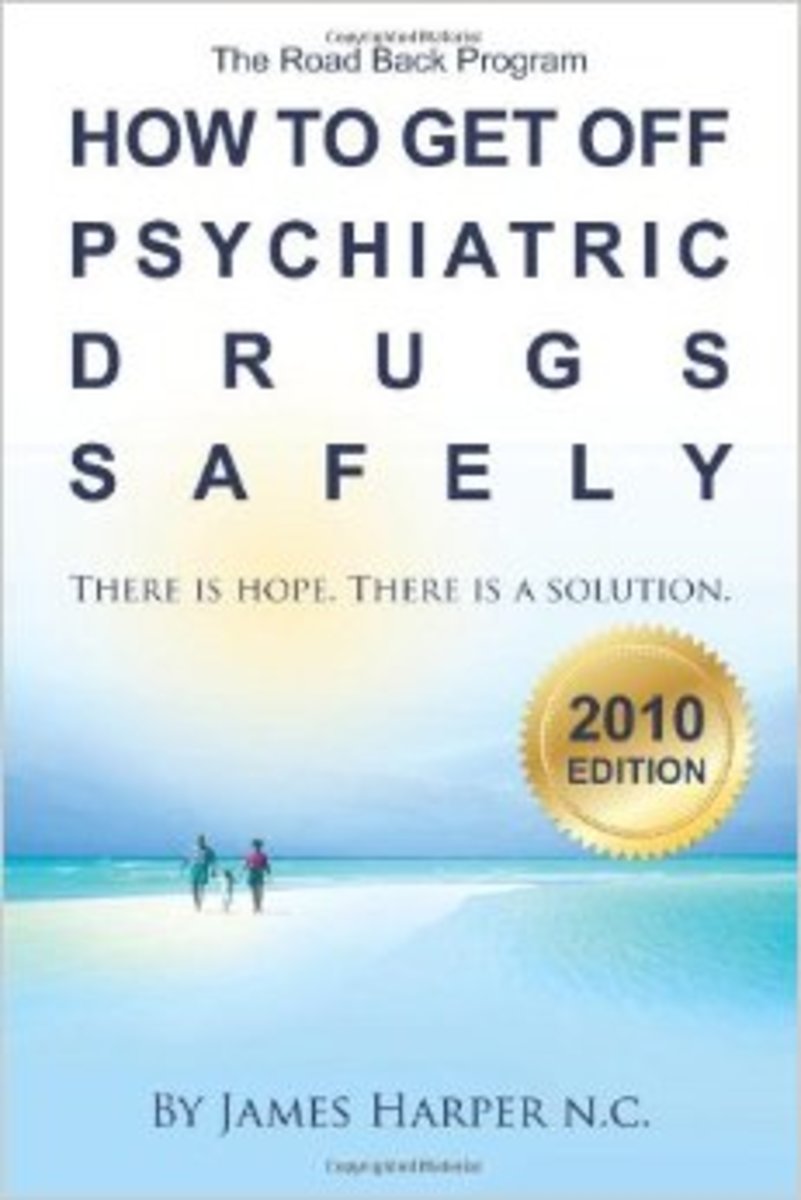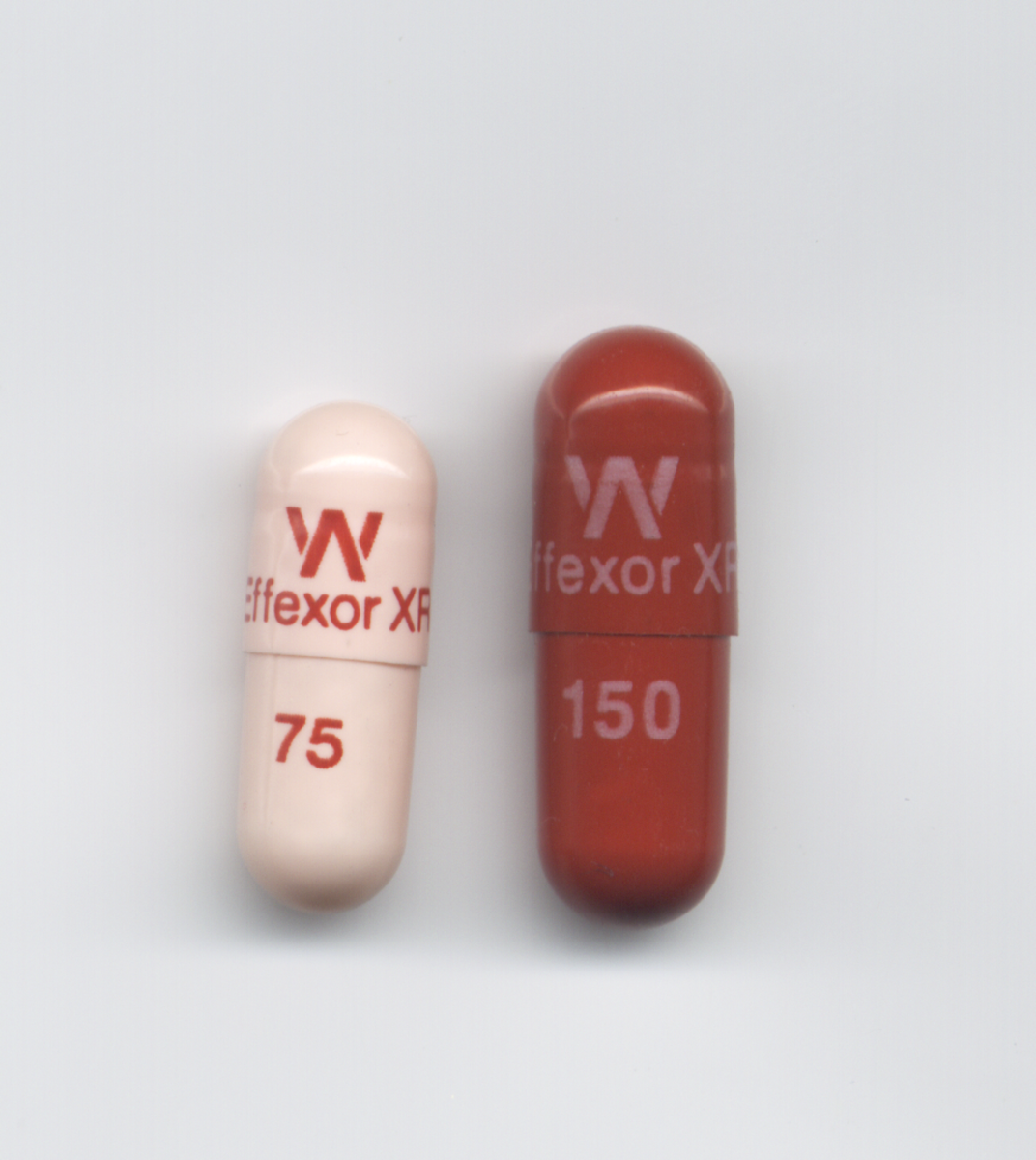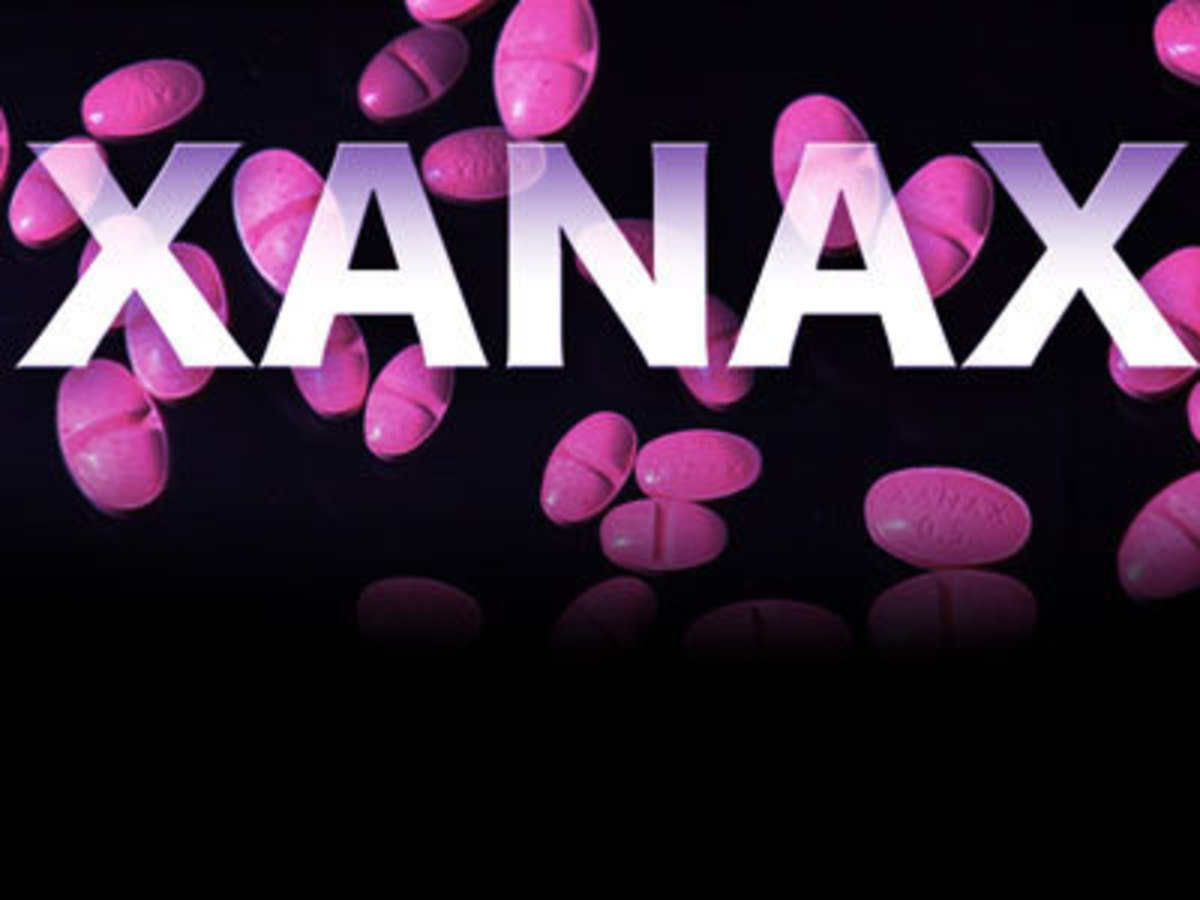- HubPages»
- Health»
- Mental Health»
- Addiction»
- Drug Addiction
Psychoactive Drugs: Physical Effects and Withdrawal Symptoms List

Psychoactive Drugs & Substance Abuse
Any substance that alters mood, thought, or perception is known in psychology as a psychoactive drug. More specifically, a drug is called a controlled substance when approved for medical use through prescription, or illicit if illegal. While many psychoactive drugs have pleasurable-- if not always beneficial --effects, substance abuse may develop if an individual continues to use after several incidents in which use has negatively affected his or her work, education, or social relationships.
Substance abuse occurs for two reasons: physical and psychological dependence. Physical dependence results from the body's defense mechanism against poisoning by developing drug tolerance over time, requiring higher doses of the substance to maintain the same effects. In addition, the neurological changes incurred as a result of drug use encourage the brain to cease production of important neurotransmitters necessary for functioning. Withdrawal symptoms are often crippling, as the body becomes unable to operate without the substance.
Equally as powerful can be the grips of psychological dependence. Cravings for the drug's pleasurable effects can be irresistible, and in combination with the physical discomfort from ceasing use, make recovery a painful prospect.
Classes of Psychoactive Drugs
Psychoactive drugs can be classed into three main categories: stimulants, depressants, and hallucinogens. The effects and withdrawal symptoms of popular drugs from each category can be found below.
Tools for Recovery
Stimulants
Stimulants, also known as "uppers," speed up activity in the central nervous system, suppress appetite, and generally make a person more alert and energetic. They increase pulse rate, blood pressure, and respiration rate, and reduce blood flow to the brain. In high doses, stimulants make people nervous, jittery, and prevent sleep.
Caffeine
- Effects- wakefulness, alertness, increased metabolism, slows reaction time
- Withdrawal- headache, depression, fatigue
Nicotine
- Effects- calm, alertness, lowered appetite, increased pulse rate and metabolism
- Withdrawal- irritability, anxiety, restlessness, increased appetite
Amphetamines
- Effects- increased metabolism, alertness, elevated mood, suppressed appetite
- Withdrawal- fatigue, increased appetite, depression, excessive sleep, irritability, anxiety
Cocaine
- Effects- euphoria, energy boost, excitement, suppressed appetite
- Withdrawal- depression, fatigue, increased appetite, excessive sleep, irritability
Depressants
Depressants, or "downers," decrease activity in the central nervous system, slow down body functions, and reduce sensitivity. The cumulative sedative effects make taking combinations of depressants extremely dangerous.
Alcohol
- Effects- lowers inhibitions, slows reaction time, impairs motor function, and perceptual ability
- Withdrawal- tremors, nausea, sweating, depression, irritability, sometimes hallucinations
Barbituates
- Effects- sleepiness, calm, sedation, decreased muscle tension, impaired coordination and reflexes
- Withdrawal- insomnia, anxiety, sometimes seizures, lung collapse or heart attack
Tranquilizers
- Effects- lowered anxiety, calm, sedation, decreased muscle tension
- Withdrawal- restlessness, anxiety, irritability, muscle cramps, insomnia
Narcotics
- Effects- pain relief, constipation
- Withdrawal- nausea, diarrhea, cramps, insomnia
Hallucinogens
Hallucinogens, or "psychedelics," are drugs that distort perceptions of time and space, alter mood, and cause sensations not based in external reality. Hallucinogens often magnify whatever mood the user was in prior to use.
Marijuana
- Effects- euphoria, relaxation, increased appetite, reduced ability to store new memories
- Withdrawal- anxiety, insomnia, decreased appetite, hyperactivity
LSD
- Effects- excitement, euphoria, hallucinations, experiences perceived as spiritual or profound
- Withdrawal- confusion, disorientation, anxiety
Ecstasy (MDMA)
- Effects- euphoria, lowered inhibitions, dehydration, sometimes dizziness, eye twitching
- Withdrawal- depression, fatigue, sometimes suicidality









